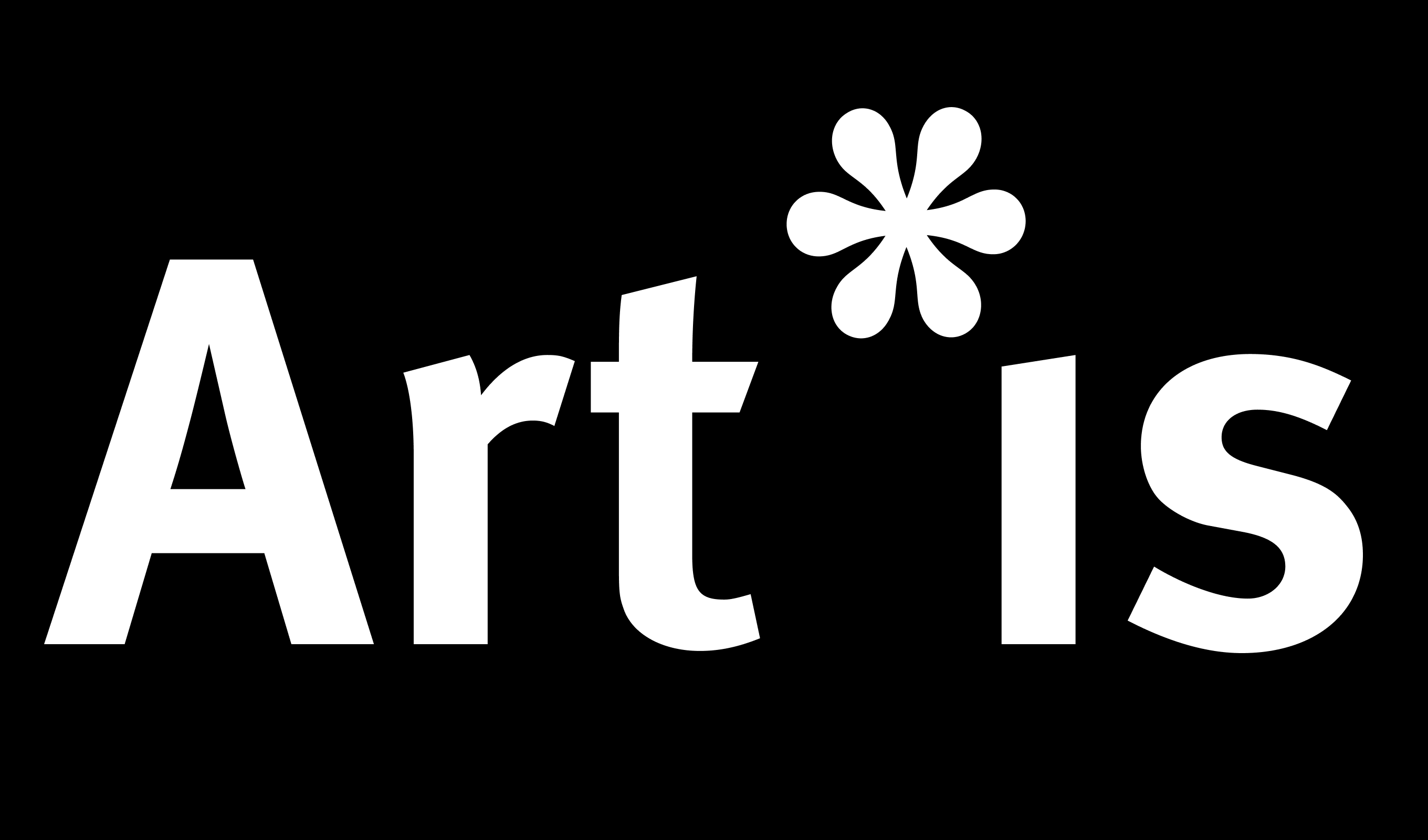Specific Department: Faculty of Psychology, Department of Cognition, Emotion, and Methods in Psychology.
Main individuals carrying out task:
(1) Ass.-Prof. Matthew Pelowski, PhD, Faculty of Psychology, Department of Cognition, Emotion, and Methods in Psychology. Member of the Vienna Cognitive Science Hub;
(2) Univ.-Prof. Dr. Helmut Leder, Faculty of Psychology, Department of Cognition, Emotion, and Methods in Psychology. Speaker of the Vienna Cognitive Science Hub;
(3) Corinna Kühnapfel, PhD candidate (2020-2023), Faculty of Psychology, Department of Cognition, Emotion, and Methods in Psychology;
(4) MacKenzie Trupp, PhD candidate, Faculty of Psychology, Department of Cognition, Emotion, and Methods in Psychology;
(5) Stephanie Miller, PhD candidate, Faculty of Psychology, Department of Cognition, Emotion, and Methods in Psychology;
(6) Theresa Rahel Demmer, PhD candidate, Faculty of Psychology, Department of Cognition, Emotion, and Methods in Psychology;
(7) Blanca T. M. Spee, Mag. Dr. Blanca T.M. Spee, Msc, University of Vienna, Vienna Cognitive Science Hub und Radboud University Medical Center, Nijmegen, Netherlands;
(8) Draško Boko, ARTIS project manager, Faculty of Psychology, Department of Cognition, Emotion, and Methods in Psychology.
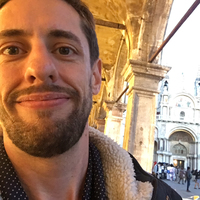
Asst.-Prof. Matthew Pelowski, PhD
Matthew Pelowski is currently assistant professor of Psychology in Cognitive and Neuroaesthetics at the Department of Cognition, Emotion, and Methods in Psychology and the Vienna Cognitive Science Hub. His academic work is specifically focused on the topic of empirical study of profound art and museum experience. He developed the first theoretical model of transformative art experiences (Pelowski & Akiba, 2011), extending from Prof. Leder’s earlier work, and has since refined this in a major new update, leading to the main theoretical model and empirical behavioral measures (Pelowski, Leder et al., 2017) which will serve as the basis for this project’s empirical WPs. He has published over 40 papers in leading journals, including important empirical studies of art experiences in museums throughout Japan, North America, and Europe. He has also published major reviews on best practice in museum study (Pelowski et al., 2017) and pioneering work detailing new behavioral and physiological methods for documenting and uncovering ecologically-valid, museum art experience. He also spearheaded the empirical studies and research collaborations employing Network modelling and latent class analysis for data- driven methods of quantifying varieties of art experience, and co-developed and has been running the Archive of Art Experiences Project which will also be extended in the present program.
He has further worked to expand his repertoire to investigations of art and the brain, first as a postdoc at the Nagoya University, Laboratory of Cognitive Informatics, one of the first laboratories to utilize fNIRS technology, which he applied to art-viewing. He has published multiple empirical and theoretical papers on fNIRS, as well as hyperscanning, and spearheaded (with his collaboration partners) the state-of-the-art analytical approaches which will be employed here. From 2015-2017 he also led a Marie Curie project to integrate causative (tDCS) and brain imaging methods with the study of art. In addition, he has developed projects and papers regarding the relation of art engagement to social factors, empathy, and/or perspective taking, mobile eye and movement tracking in museums. He was recognized with the Baumgarten Award for outstanding contributions by young scientists by the International Association of Empirical Aesthetics (2016). He also has experience in large projects focused on societal challenges-for example assessing social, cultural, and infrastructural factors underlying media and technology use, or factors and solutions for modulating parent decisions to register new-born children in Kenya.

Univ.-Prof Dr. Helmut Leder
Prof. Leder is one of the world’s leading researchers in the field of empirical aesthetics. He studies human aesthetic experiences, regarding a variety of objects, and contexts, from neurophysiological laboratory studies, to field studies in museum and outdoors. He studies (i) what are the cognitive and emotional mechanisms that determine what we like – and find aesthetically pleasing, (ii) what is the nature of aesthetic experiences, and (iii) what effects has beauty on our perception, feeling, well-being. He uses a broad range of research methods, with a major focus on behavioral measures (evaluations, scales, eye-tracking) and physiology (FacialEMG, EEG, tDCS, Nirs). His work is distinctively interdisciplinary, e.g. including collaborations with art history, the fine arts and biology. With his appointment in 2004 as Professor of General Psychology at University of Vienna, he founded an official research focus (Faculty level) in Empirical Aesthetics, which was the first of its kind, and has a leading role in various areas of empirical aesthetics (faces, design, art, museum studies, emotion). Helmut Leder will also contribute his expertise from acting as Head of Department (from 2004 to 2020), as Speaker of the interdisciplinary research institution Vienna Cognitive Science Hub, and co-founder of the doctoral school CoBeNe. Helmut Leder has published more than 150 peer-reviewed papers, in various fields of empirical aesthetics and visual perception. From 2014 until 2018 he was the president of the International Association of Empirical Aesthetics (IAEA) and organized the biannual international Conference of IAEA 2016 in Vienna. In Vienna, fruitful collaborations with the art history department, the University of Applied Arts, and various museums have been consolidated. He was a Founding International Member of the Global Institute of Advanced Studies (GIAS at NYU), International Consultant of the UMA Project (PI Hekkert, TU Delft), and has received several grants (FWF, DFG, WWTF, MC EU; Austrian Ministry, UNIVIE). In 2018 he was a visiting professor at Keio University, Tokyo and a Fellow at the Italian Academy of Advanced Studies in America, at Columbia University, N.Y.
Additional collaborators and human resources
Beyond the project team, the EVA Lab comprises two postdocs, four doctorate students, research assistants and support by a full-time technician, all of whom will contribute. In addition to the EVA Lab, the Department of Basic Psychological Research also includes the Social, Cognitive, and Affective (SCAN) Unit (Lamm), which specializes in neuroimaging and empathy. The project will also be integrated into the Cognitive Science Research Platform, which has a focus of strengthening interdisciplinary research efforts. The project team is also connected to Cultural Psychology (Slunecko), Cognitive Biology (Fitch, Huber, Bugnyar), and has an ongoing research collaboration with Art History (Prof. Rosenberg, Cognitive Research in Art History Lab, University of Vienna). The University provides a full range of project management support services to project staff through the Research Services and Finance Departments, in addition to specific support services e.g. ethics and Open Access.

Dr. Corinna Kühnapfel
Corinna Kühnapfel completed her PhD as part of the ARTIS project at the Department of Cognition, Emotion, and Methods in Psychology at the University of Vienna.
She has a background in cognitive science and embodied cognition with a focus on empirical aesthetics and neuroaesthetics. In her PhD she investigated the role of the body in the experience and evaluation of art by considering physical engagement, movement patterns, physiological responses and interoception. She is particularly interested in the effect of the special modes of engagement offered by installation art, such as viewer placement, bodily awareness and active exploration and how these create conditions for engaged, insightful, and self-reflective experiences.
She is also a co-founder of EDGE e.V., a non-profit organisation that communicates neuroscientific concepts to the public through workshops and multimedia exhibitions and functions as a network to initiate exchange and collaboration between artists and scientists.
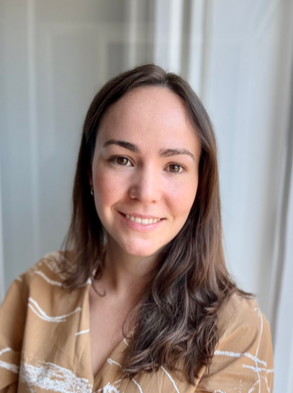
MacKenzie Trupp
MacKenzie Trupp is currently a PhD candidate at the Faculty of Psychology, University of Vienna, studying at the intersection of art and science.
After studying psychology and art history in the United States, she went on to graduate as part of the first MSc cohort of Psychology of the Arts, Neuroaesthetics, and Creativity at Goldsmiths, University of London, with a focus on the role of cardiac interoception in moving aesthetic experiences.
Now based in Vienna, she aims to explore if, how, and why viewing art can enhance wellbeing, and whom can benefit the best from it.
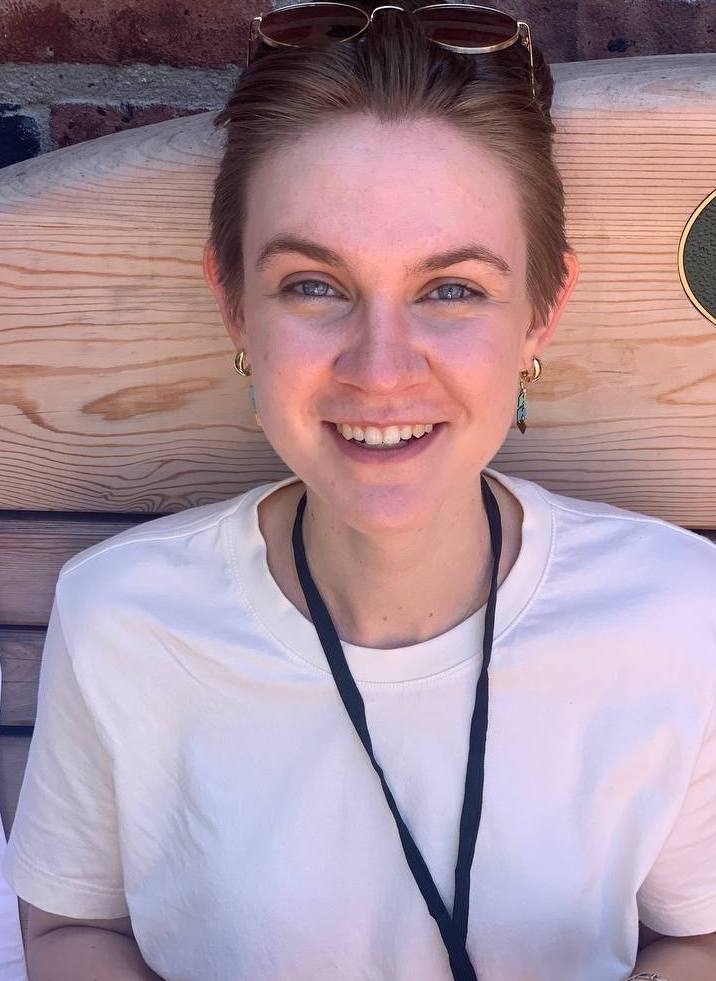
Stephanie Miller
Stephanie Miller is a PhD candidate with the ARTIS project at the University of Vienna Doctoral School of Cognition, Behaviour, and Neuroscience.
She studied neuroscience and theatre as an undergrad, before merging those interests at Goldsmiths though the MSc Psychology of the Arts, Neuroaesthetics, and Creativity. She is interested in what art experiences feel like and what art can do to viewers and audiences.
In her PhD, Steph is investigating the emotional & phenomenal experience museum visitors have with artworks, with the aim of identifying distinct varieties of experience and the experiential character of each. Beyond the classes of experience, she be looking into the role of possible factors that shape an individuals’ experience (content, context, individual differences).
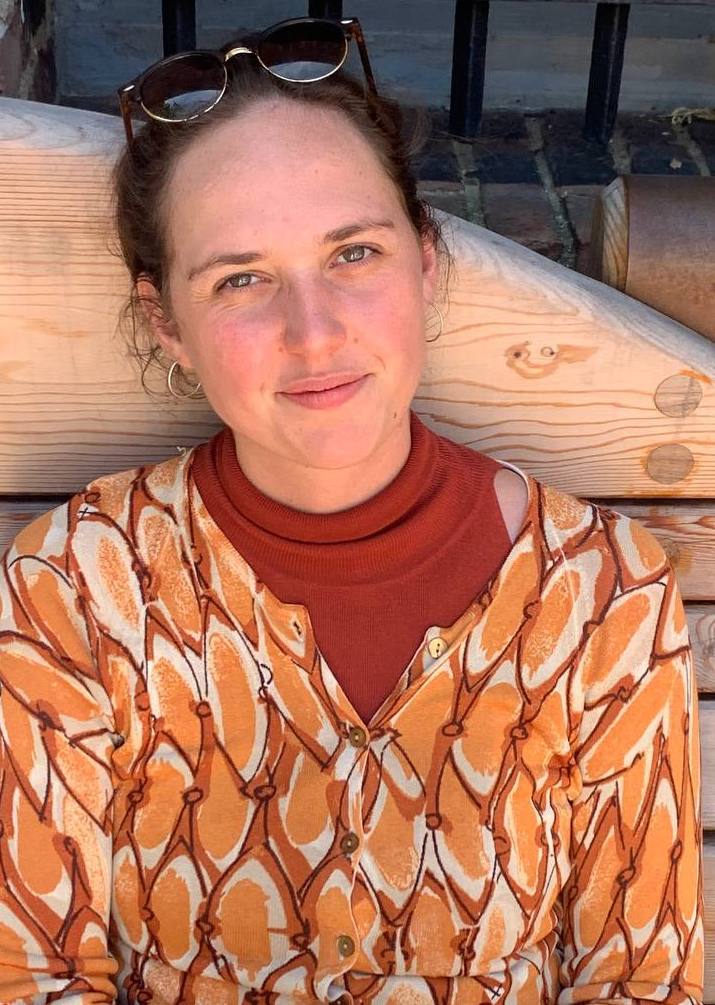
Theresa Rahel Demmer
Theresa Demmer is currently a PhD candidate in the ARTIS project at the Department of Cognition, Emotion, and Methods in Psychology at the University of Vienna.She uses behavioural and neurophysiological methods to investigate emotional connections through art. More precise, she is interested if those connections can be successful, how they influence art experience, if they have to be made between humans and if they might be the key for having a transformative experience with art.

Blanca T. M. Spee
Blanca T. M. Spee is currently a postdoc and co-PI of the project “Unlocking the Muse”, a collaboration project between the University of Vienna and Radboudumc in the Netherlands. Along various studies, she explores how art and creativity can be brought together with Parkinson’s research. Through this research, which seeks a deeper understanding of the neurobiological basis of both, Parkinson’s and the “creative brain,” also art-based approaches for therapeutic applications are being developed.
She is a project team member within the ARTIS project at the Department of Cognition, Emotion, and Methods in Psychology at the University of Vienna. In addition, she has been a scholar at the Radboud University Medical Center of Expertise for Parkinson’s & Movement Disorders and is currently the leading co-investigator of the project in the Netherlands. Since 2017 she has also been coordinator at the Vienna Cognitive Science Hub, establishing interdisciplinary research at the University of Vienna.
She already has many years of experience working in the private sector and her academic training covers business administration with a focus on information technologies, as well as psychology and neuroaesthetics. The focus of her Ph.D. thesis was developing research paradigms connecting empirical art research with neuropsychopharmacological approaches. Besides her interest in neuropsychopharmacology and neuroaesthetics, she specializes on research in Parkinson’s disease, dementia, and other neurodegenerative disorders approaching art, aesthetics, and creativity.
To build a theoretical foundation for her research, she aims to discover new approaches that emphasize network-based processing, considering predictive processing frameworks and enactivist perspectives. A main future aim is to use this research for translational health science and creativity-based art therapies.
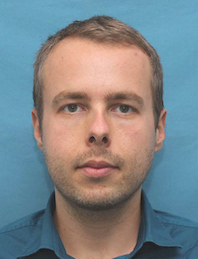
Draško Boko
Draško Boko is currently working as ARTIS project manager at the Department of Cognition, Emotion, and Methods in Psychology at the University of Vienna.
He obtained his MSc degree in Biology from the University of Zagreb and his PhD degree in Molecular Biology from the University of Vienna.
In addition to his research background, he also has professional experience in managing research projects, as well as in the context of EU institutions.
